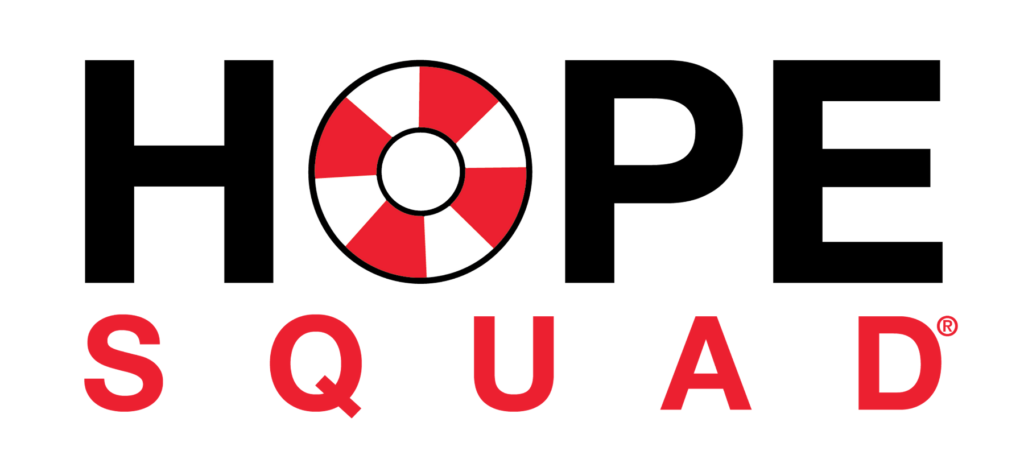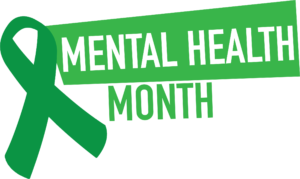Because disasters, like a pandemic, can be detrimental to mental health, it’s especially important to seek mental health help for yourself or your children if needed.
How Covid Can Impact Mental Health
- Exacerbate mental illness. The isolation and day-to-day disruption caused by the virus can make existing mental illnesses, such as depression, or symptoms of them worse.
- Relationship stress. Emotions run high especially high during times of trouble, which could negatively impract relationships, especially for people in close quarters. Being away from family and friends also causes stress.
- Fear. The pandemic brought a lot of uncertainty with it, which is a cause for fear. There is also fear of getting sick or of having loved ones become sick.
- Feelings of isolation and loneliness. Many people are still stuck at home, which is stressful, boring, and lonely. Being unable to participate in social activities negatively impacts overall well-being.
- Grief. Whether it’s not being able to go to school, not being able to go to work, not being able to celebrate milestones “noramlly,” or losing a loved one to the virus, the grief and hurt is real. Many people are mourning, whatever their loss.
- Financial worry. The economy as well as many families and communities have been negatively affected by the pandemic.
When to Find Help
If you or your children experience any of the following symptoms and they don’t go away in a few days, it may be time to seek help.
- Feeling sad or guilty and crying often.
- Sleeping or eating more or less than usual.
- Trouble concentrating or holding still.
- Feeling sluggish and not interested in usual activities.
- Having panic or anxiety attacks.
Where to Find Help
If you or your children are having thoughts of suicide, hearing voices, feeling paranoid, or feeling overwhelmed with responsibilities, get help now.
- Call 911.
- Go to the emergency room.
- Call the National Suicide Prevention Lifeline (1-800-273-8255).
If it’s not a crisis but you’d still like professional help, find a mental health professional near you for individual therapy or counseling, group therapy, support groups, or prescribed medication. There may be remote options available.
Here are some additional resources for finding support, help, or additional services.
- Samaritans – 877-870-4673
- Crisis Text Line – text HOME to 741741
- NAMI helpline – 800-950-6264
- National Domestic Violence Hotline – 800-799-7233
- National Sexual Assault Hotline – 800-656-4673
- Substance Abuse and Mental Health Services Administration – 800-662-4357

This blog was written by Hope Squad. Hope Squad student members are trained to be aware of their peers and watch for warning signs. They learn to show empathy to their peers, listen without judgment, and reduce stigma regarding help-seeking and mental illness. Hope Squads are now in over 1,200 schools across 35 states and Canada. During the seventeen years since Timpview High School started a Hope Squad, the school has not lost a student to suicide. And as Hope Squad grows, we will continue to spread hope and save more lives. Learn more by visiting https://hopesquad.com/.




